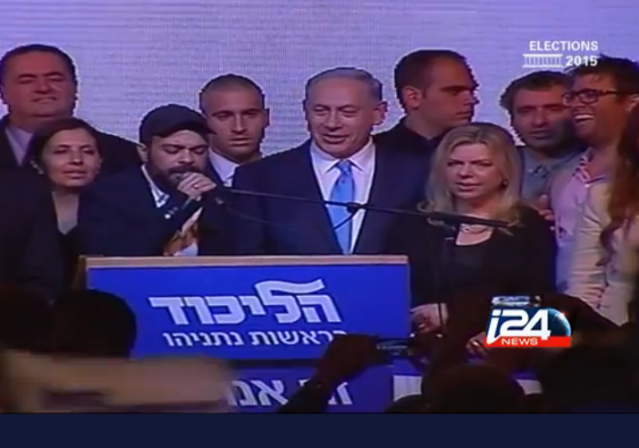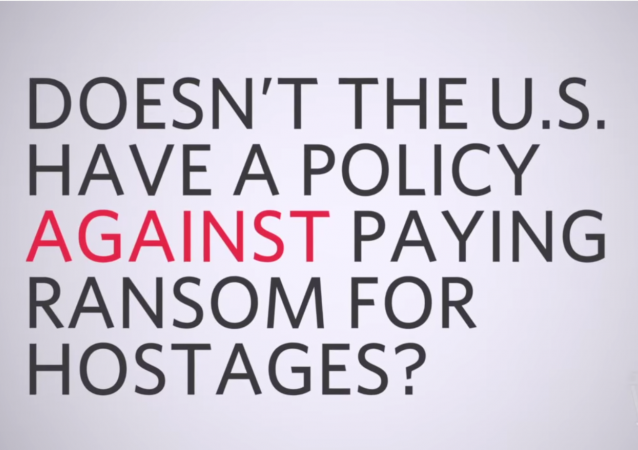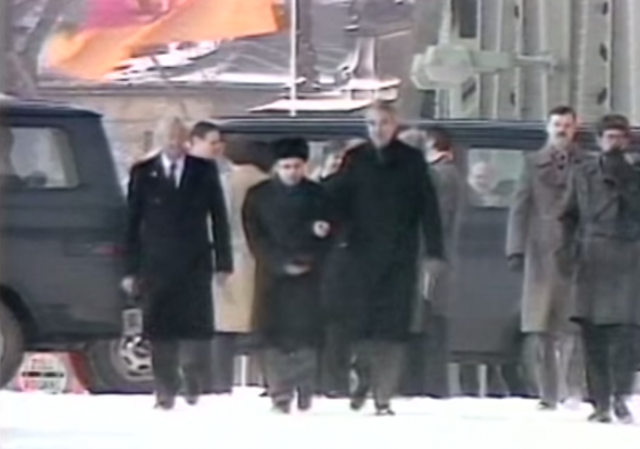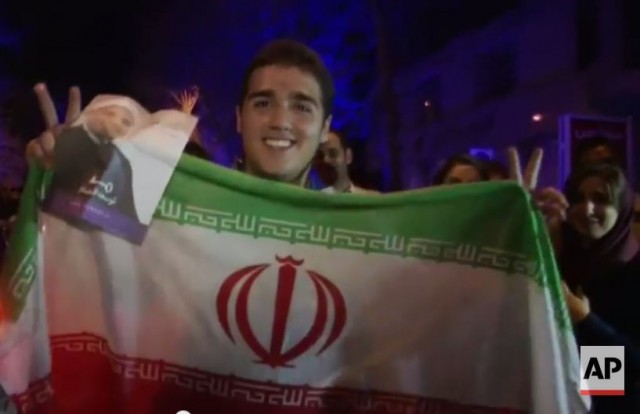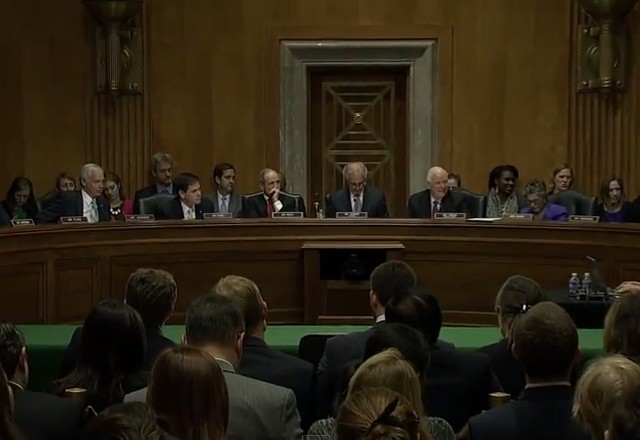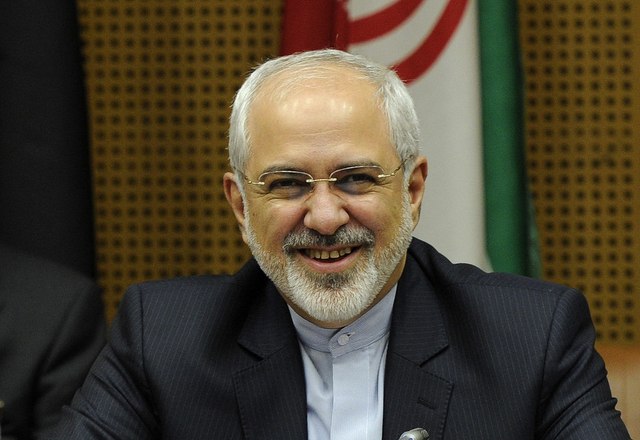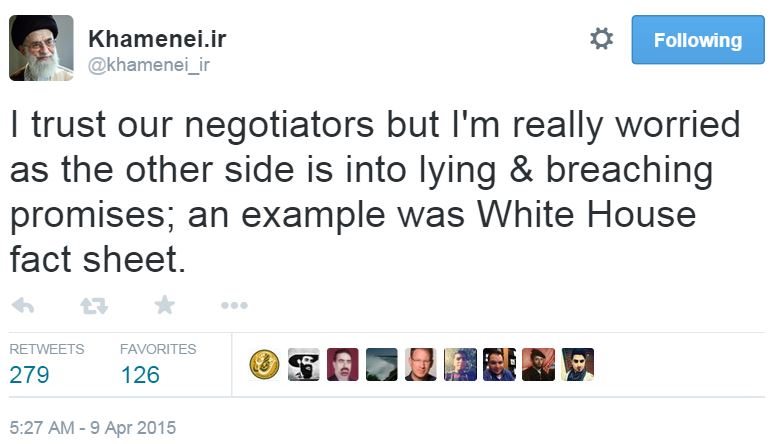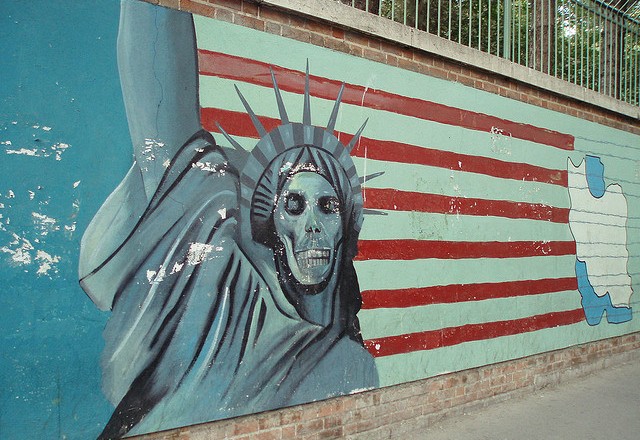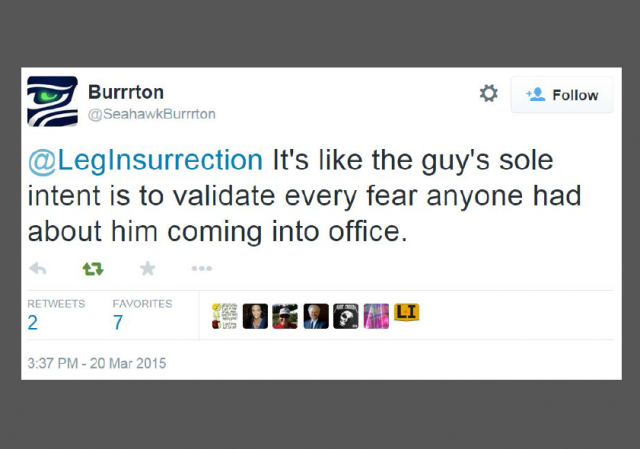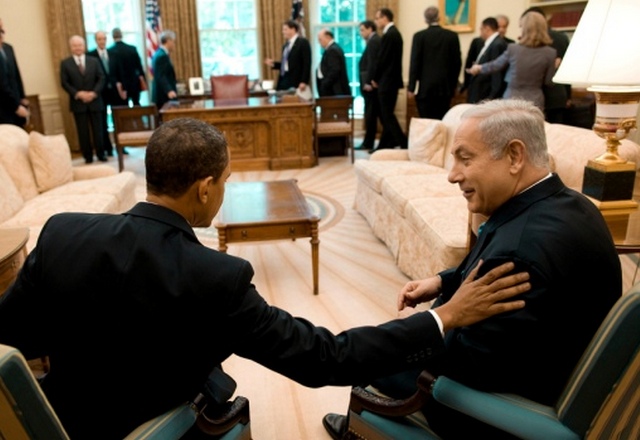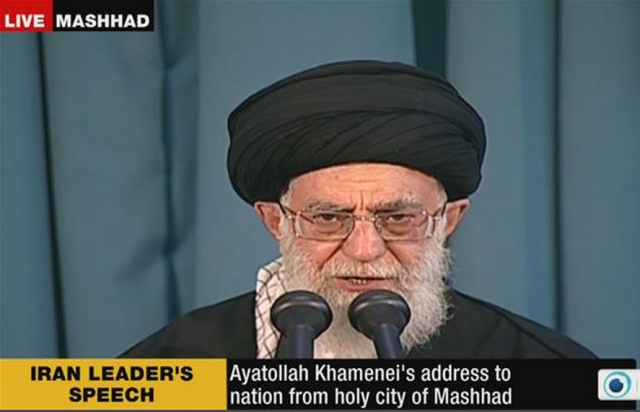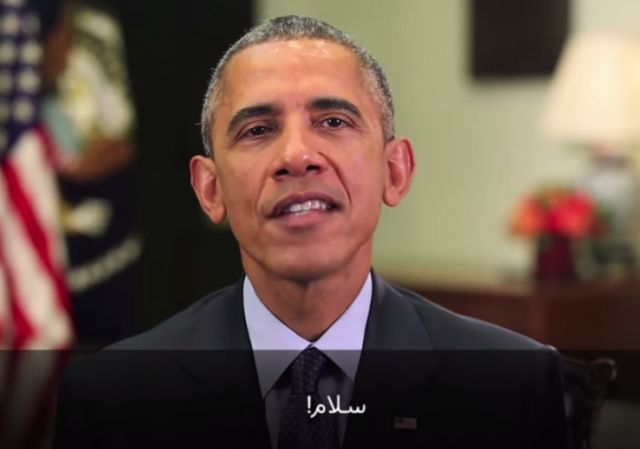Bibi has a government, now comes the real battle
on May 06, 2015
5 Comments
When the Israeli elections were held in March, the result widely was seen as a huge win for Benjamin Netanyahu, because his Likud Party outperformed.
But that was Part 1. The second part has taken several weeks to play out -- the formation of a governing coalition of at least 61 seats in the 120-seat Knesset (parliament).
That took time, and almost didn't happen. Late last night Israel time Netanyahu put the final piece together, as reported in The Times of Israel:
Less than two hours before his deadline was set to expire on Wednesday night, Prime Minister Benjamin Netanyahu hammered out a deal with Jewish Home party leader Naftali Bennett, allowing him to inform President Reuven Rivlin that he had successfully cobbled together a 61-seat coalition — the narrowest of Knesset majorities.... In a meeting with Bennett in the Knesset Wednesday night, Netanyahu thanked the Jewish Home party leader for his “efforts during the negotiations and throughout these last weeks.” He also asserted that Israel would have a “strong, stable government,” which he hoped would exceed 61 seats by Wednesday. “’61 seats is a good number. 61-plus is a better number. But it starts with 61, and we will begin with that,” Netanyahu said. “We have a lot of work ahead of us. Good luck to us and to the Israeli nation.” “We support you,” Bennett told Netanyahu. “We will assist you with all of our strength for the sake of the country and the government, because we have no other land. This government can complete its term in office. We will work hard to make sure of that.” Bennett said that the two parties’ negotiating teams would “work all night” in order to finalize the fine points of the deal. Netanyahu was understood to have capitulated to the demands of the Orthodox-nationalist Jewish Home, the final recalcitrant coalition partner, and agreed to appoint Bennett as education minister, MK Ayelet Shaked as justice minister, and another Jewish Home member, Uri Ariel, as agriculture minister.David Horvitz, Editor-in-Chief of The Times of Israel, notes the disappointment at such a thin margin:

